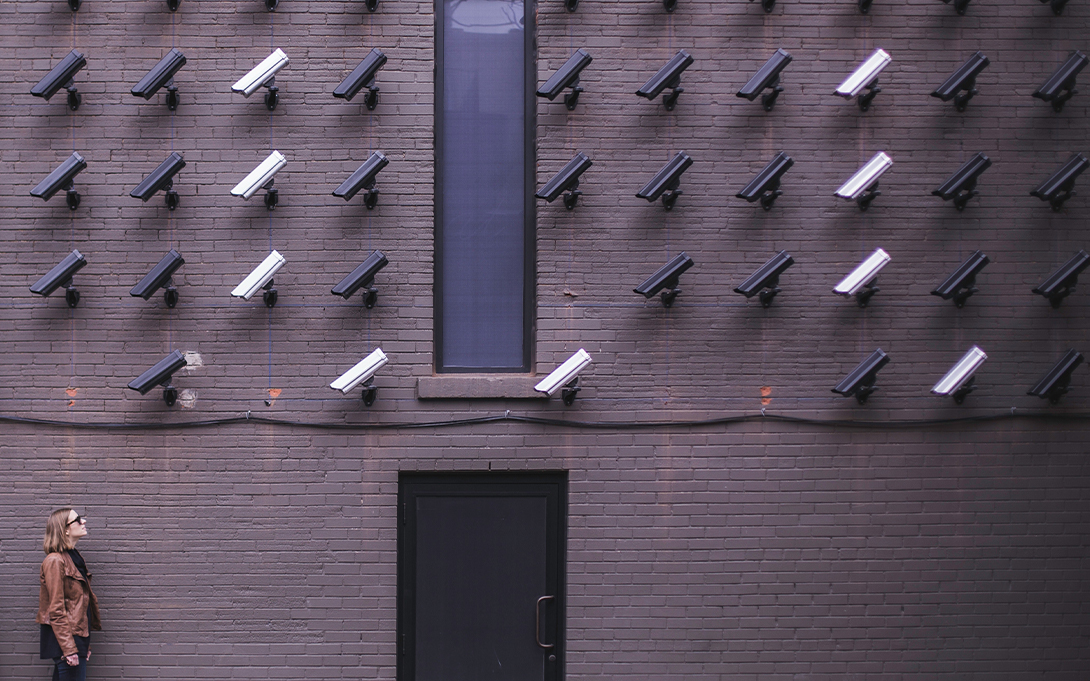
Carnegie Mellon University (CMU) released a preliminary policy recommendation that would allow for the use of facial recognition technology during criminal investigations. According to Public Source, the draft policy is "intended to guide CMU’s use of security cameras and video security systems as well as the ways the university retains or releases what they record. These tools can help the university detect, prevent and investigate crimes and threats to public safety, the policy states."
A 2020 report co-authored by Ford School professor Shobita Parthasarathy, director of the Science, Technology, and Public Policy program (STPP), is cited, which had found that facial recognition technology in K-12 schools is likely to disproportionately surveil marginalized students, collect student data without consent, and more narrowly define acceptable student behavior, among other implications. She commented that universities shouldn't use the technology either. "What these universities promise to their students is a place where they can explore new horizons, test their independence, figure out who they are, exercise their rights and freedoms,” she said. “That could be at odds with the adoption of these kinds of surveillance technologies.”
She also noted that a university’s use of facial recognition technology raises questions about how it will manage and ensure the security of the collected student data as well as what procedures it will put in place for redress if there’s an incorrect match.
Parthasarathy said that if a university does adopt facial recognition technology, it must include community members in decisions about its procurement and implementation.
Molly Kleinman, STPP managing director and report co-author, agreed. “I still don’t think it’s necessary, but if the university is going to use this tool, they should be responsible about it.”
Kleinman said students’ trust in their university is at stake, too. “It risks breaching the trust between students and the institution and alienating them from the institution in some ways that I think university leaders probably aren’t considering right now.”
You can read the full article here.
More news from the Ford School